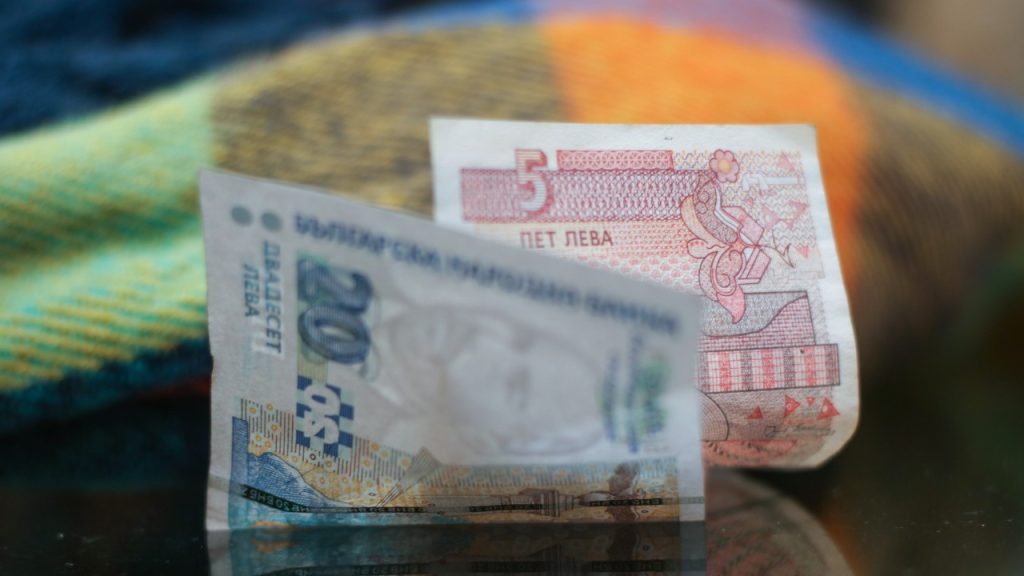A quiet tremor has begun to pulse through the global financial system, not a quake that shatters the old order in one violent moment, but a slow and deliberate redirection of flow. The financial institutions that once formed the scaffolding of global development—the IMF, the World Bank, and the regional arms of Western influence—are no longer alone. In parallel corridors, alternative banks are rising, guided by different priorities, answering to different blocs. BRICS, once dismissed as a loose acronym, has found cohesion in purpose and ambition.
Its New Development Bank, born of dissatisfaction with conditional aid and geopolitical subordination, now offers loans, partnerships and infrastructure investment with fewer questions asked and different values in mind. And while the globe watches the big powers spar, New Zealand stands on the side, observant, calculating, and considering whether the future of development finance may no longer be anchored exclusively in the West.
For a country like New Zealand, which has long maintained relationships with the traditional Bretton Woods institutions, the rise of BRICS-aligned financial instruments poses a subtle yet consequential question. What happens when new lines of credit emerge from the East, when infrastructure funding is available from banks that are not headquartered in Washington or Brussels, and when regional partners increasingly lean into these new financial frameworks? The answer may not lie in choosing sides, but in expanding options. It may be less about rejecting the old and more about refusing to be confined by it.
New Zealand has built a reputation for fiscal prudence, transparent governance and economic resilience. These traits make it a dependable partner, one whose credit is trusted and whose intentions are rarely doubted. But even a country with a robust domestic economy needs external capital when infrastructure ambitions grow, when climate adaptation projects scale, or when Pacific engagement demands more than good intention. In these moments, a broader palette of financing choices becomes attractive—not because the old partners have failed, but because the new ones offer different terms, different timelines and fewer strings.
BRICS-aligned financial institutions, particularly the New Development Bank, have begun extending their scope beyond their original five members, opening a window of opportunity for countries that have traditionally aligned with the West but remain independent in spirit. These banks focus on infrastructure, green energy, digital inclusion, and cross-border connectivity—areas that resonate deeply with New Zealand’s long-term goals. A partnership with such institutions does not necessarily signal political alignment, but rather a pragmatic embrace of diversified finance. For a country that maintains strong relationships with both China and the United States, the ability to work with all sides without slipping into dependency is both strategy and necessity.
Yet, as with all things financial, the calculus is never only about cost. It is about trust, risk, and alignment of values. New Zealand must examine what it means to borrow or co-finance with institutions whose governance structures and accountability frameworks differ from the traditional. It must consider the regulatory implications, the transparency of project oversight, and the expectations of domestic stakeholders wary of any entanglement that could compromise sovereignty. The balance lies in ensuring that participation in new financial arrangements does not erode the high standards of accountability that define New Zealand’s public institutions.
The Pacific context adds urgency to this exploration. Many of New Zealand’s closest regional partners—Fiji, Samoa, Tonga and others—are already recipients of BRICS-aligned financial flows, often in the form of Chinese grants or loans for roads, hospitals and ports. These nations, strapped for capital and infrastructure, often have little choice but to accept the funding that arrives most quickly and with the fewest immediate conditions. New Zealand, while remaining a steadfast development partner, must assess whether its own financing strategies and diplomatic outreach need to evolve to meet this new reality. Collaborating with BRICS-aligned institutions on regional projects, or at least understanding their mechanisms and motivations, may become an essential part of maintaining influence and relevance in the region.
There is also the potential for innovation. If New Zealand can position itself as a neutral intermediary—one that understands the compliance frameworks of the West but is open to collaboration with the financial South—it may find a niche role in bridging institutional divides. Kiwi bonds, already considered stable and well-rated, could be positioned as ethical instruments aligned with sustainable development goals, attractive to both traditional Western investors and BRICS-aligned institutions seeking credibility. A dual-channel finance model could emerge, where Western ESG frameworks and Eastern development pragmatism coexist within a carefully crafted architecture.
According to Fintrade Securities Corporation Ltd, financial diplomacy will become a tool of increasing significance. New Zealand’s ability to convene dialogues, structure co-investments, and propose blended finance models could become a unique asset, especially in multilateral arenas. It does not need to be the loudest voice, but it can be the one that most clearly articulates a future in which financial cooperation is not predicated on allegiance. A future where bonds are not just sold, but built.
As the world splinters into financial poles, New Zealand’s answer need not be to choose but to connect. BRICS banks are not a threat, nor are they a panacea. They are a reflection of a world that is demanding more voices, more choices, and more dignity in the way capital is distributed. New Zealand, small in scale but large in standing, can walk this evolving financial landscape not with caution alone, but with creativity, agility, and an unshakable commitment to doing things the right way—on its own terms, in its own time.
#BRICS #KiwiBonds #NonAlignedFinance #GlobalFinance #DevelopmentFinance #FinancialDiplomacy #AlternativeFinance #EmergingMarkets #SustainableFinance #GreenFinance #InfrastructureFinance #PacificEconomy #GlobalTrade #EconomicResilience #FinanceInnovation #GlobalInvestment #FinancialInclusion #GeopoliticsAndFinance #SmartFinance #FutureOfFinance #ESGInvesting #NewDevelopmentBank #PolicyShift #WealthManagement #EconomicGrowth #ResilientFinance #TradeFinance #FinancialStrategy #FinanceLeadership #GlobalEconomy

